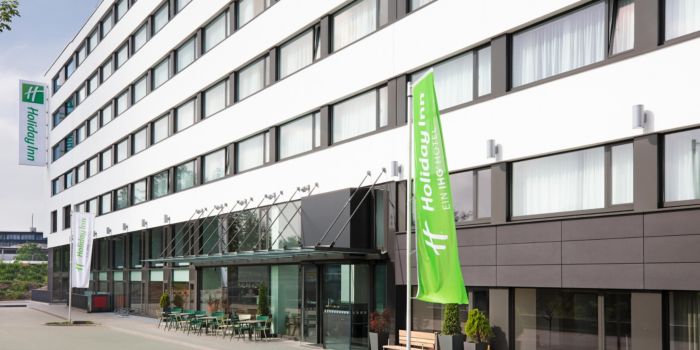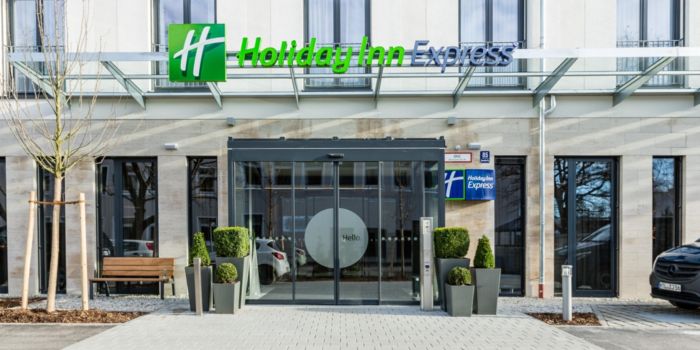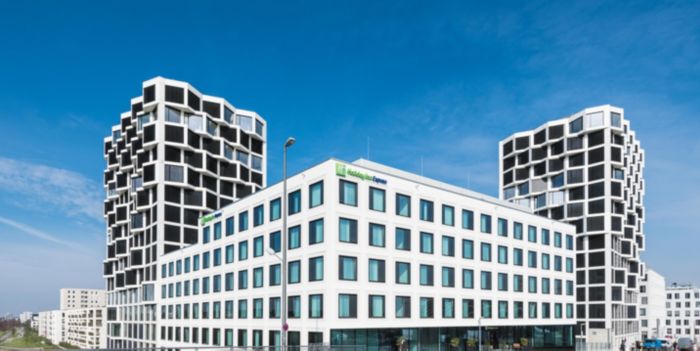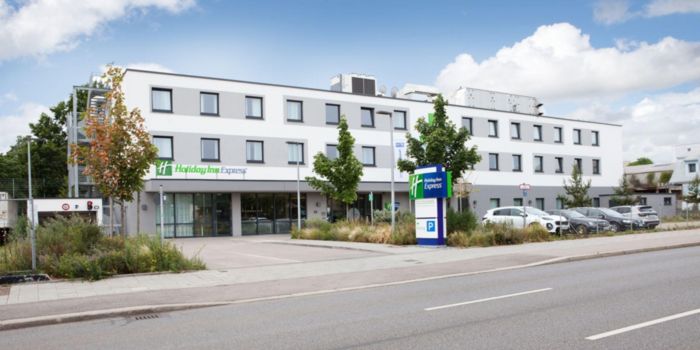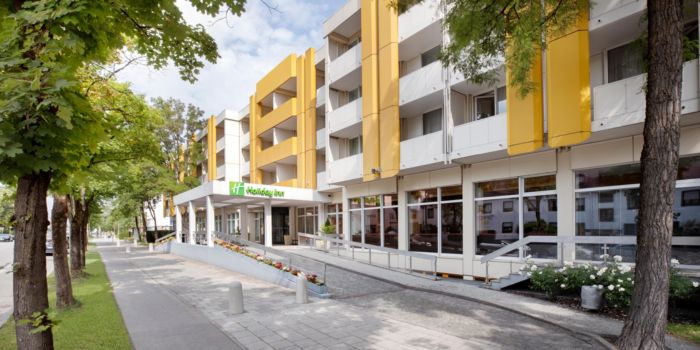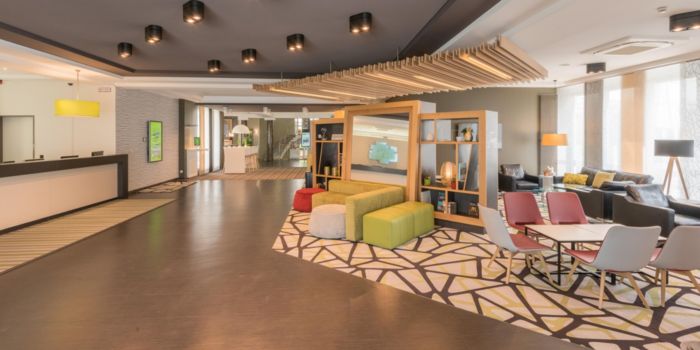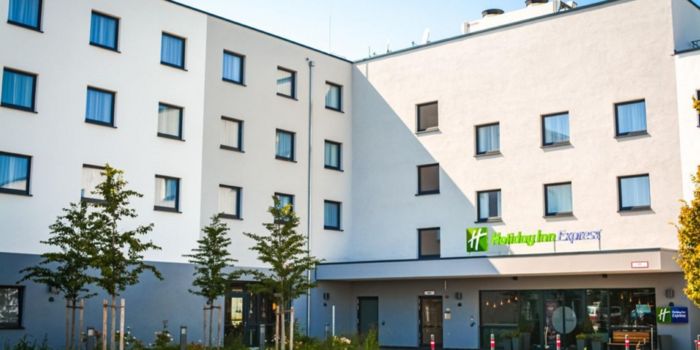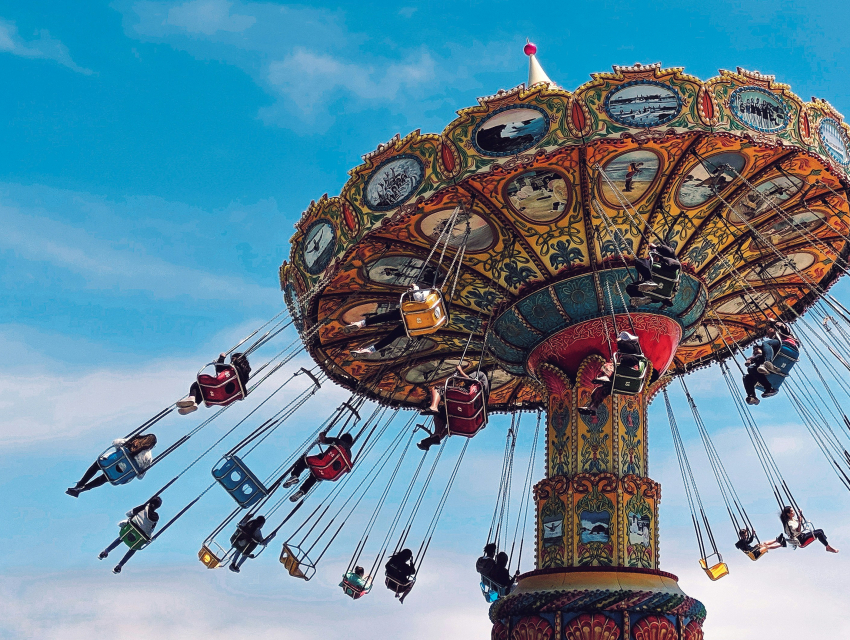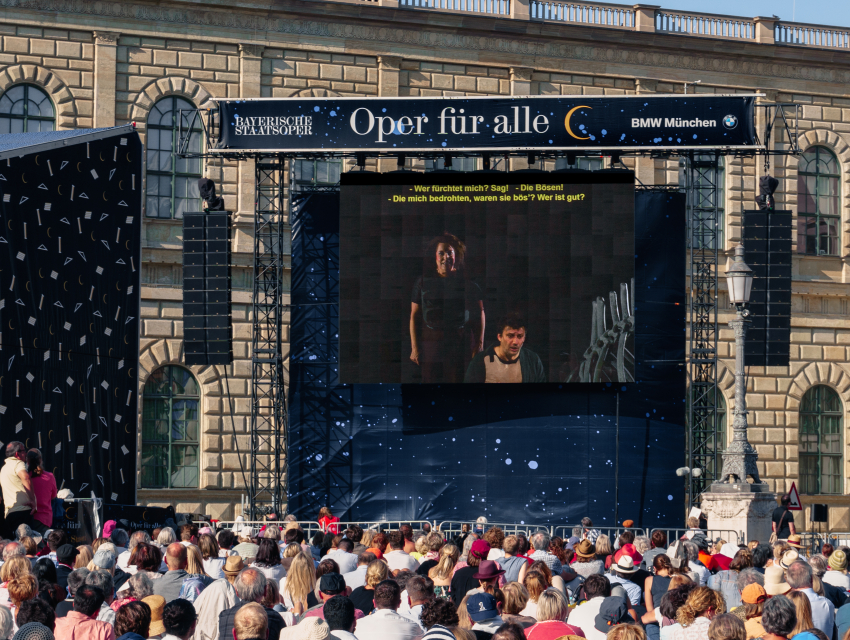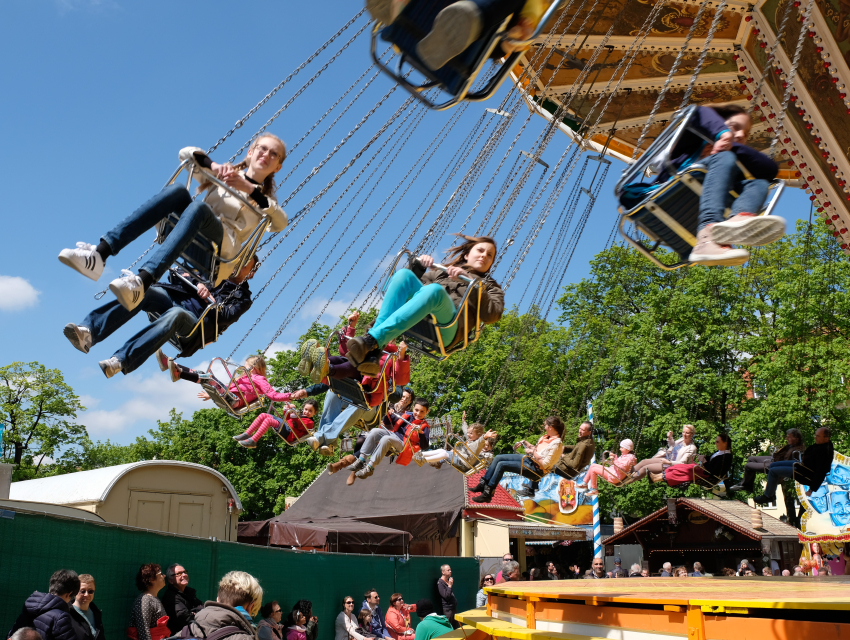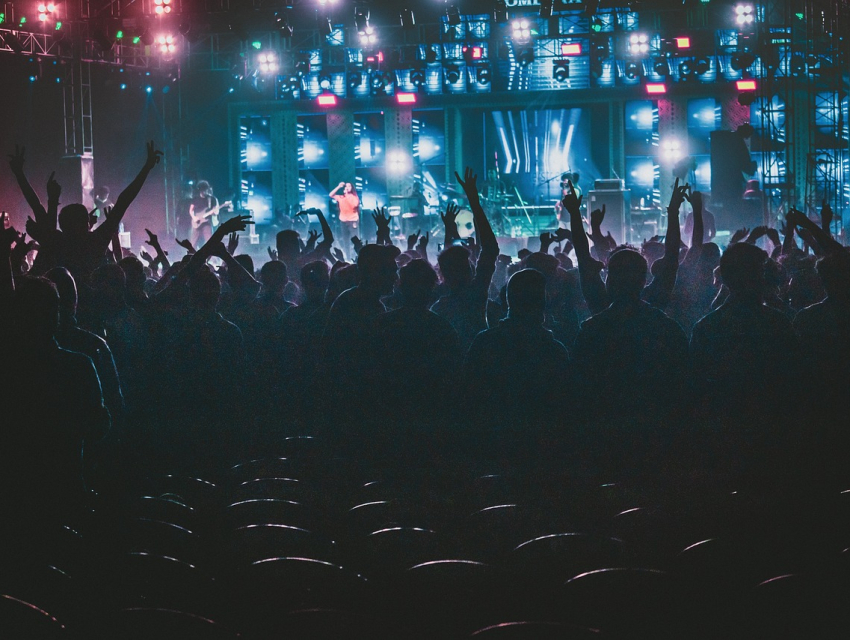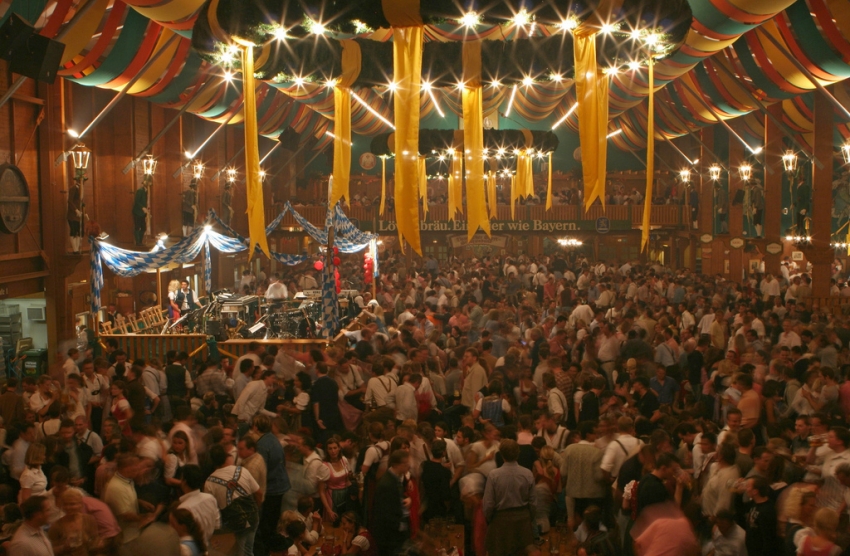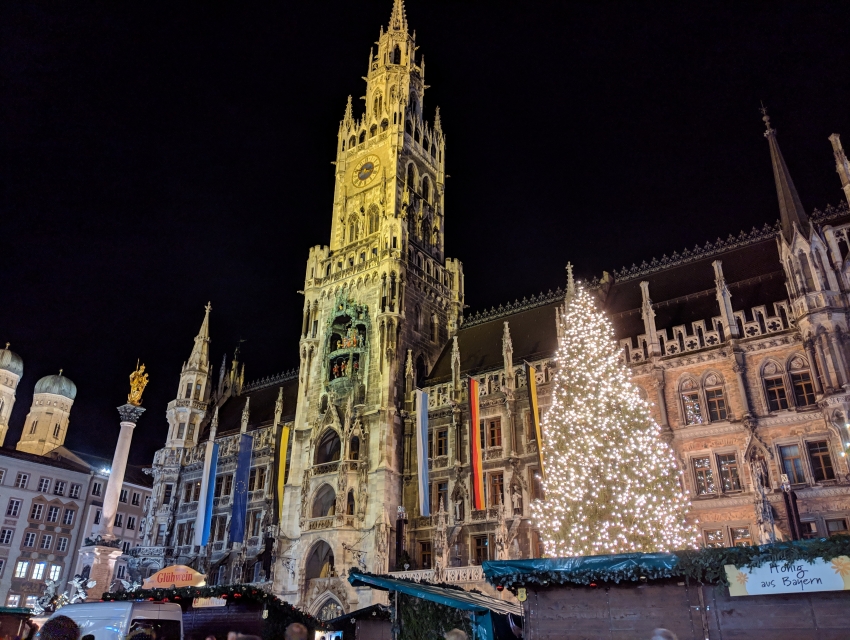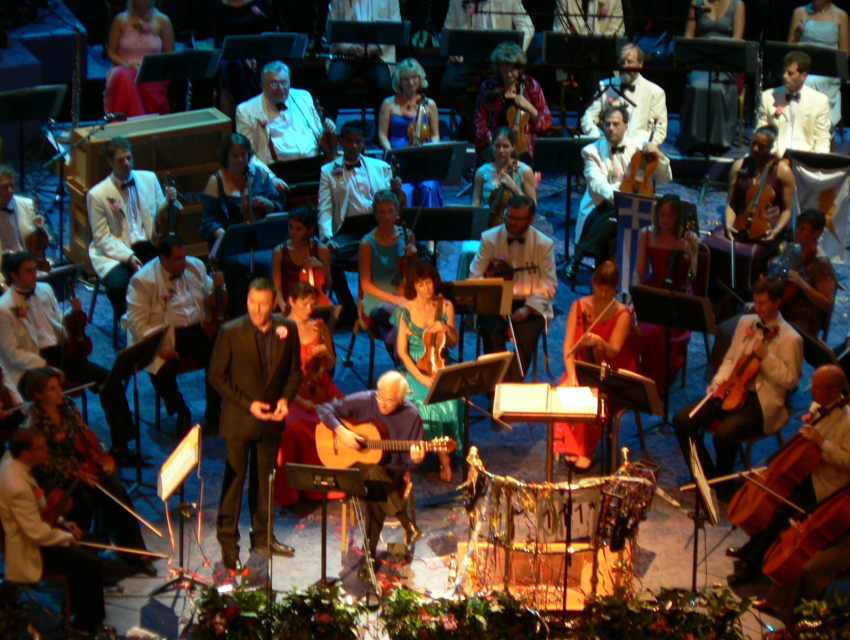Travel Guide Intro
- pretitle
- Title
- The Insider’s Guide to Munich
- Description
-
Home to the infamous Oktoberfest celebration, it’s no wonder why Munich is known as the cultural soul of Bavaria. Munich is a city with a big heart that manages to be both electric and easygoing, as well as traditional and contemporary. In this guide, we’ll share all the experiences, attractions, and tips you’ll need to make your visit one you won’t soon forget.
Travel Tips for Munich
- Use the U-Bahn, S-Bahn, trams, and buses. A Munich City Pass or day ticket can save you time and money.
- Always carry some cash (euros), as smaller shops and traditional beer gardens may not accept credit cards.
- While English is widely spoken, learning a few German greetings or pleasantries is appreciated.
- Book your hotel well in advance if you visit in late September or early October.
- If traveling for the Oktoberfest festival, arrive early to get a seat in the tents.
- Explore the magical Christmas markets in December, especially the one at Marienplatz, for festive food, crafts, and mulled wine.
- In the warmer months, check out the Tollwood Festival for music, food, and art, or Auer Dult for traditional Bavarian markets and entertainment.
- Use the U-Bahn, S-Bahn, trams, and buses. A Munich City Pass or day ticket can save you time and money.
- Sort Order







